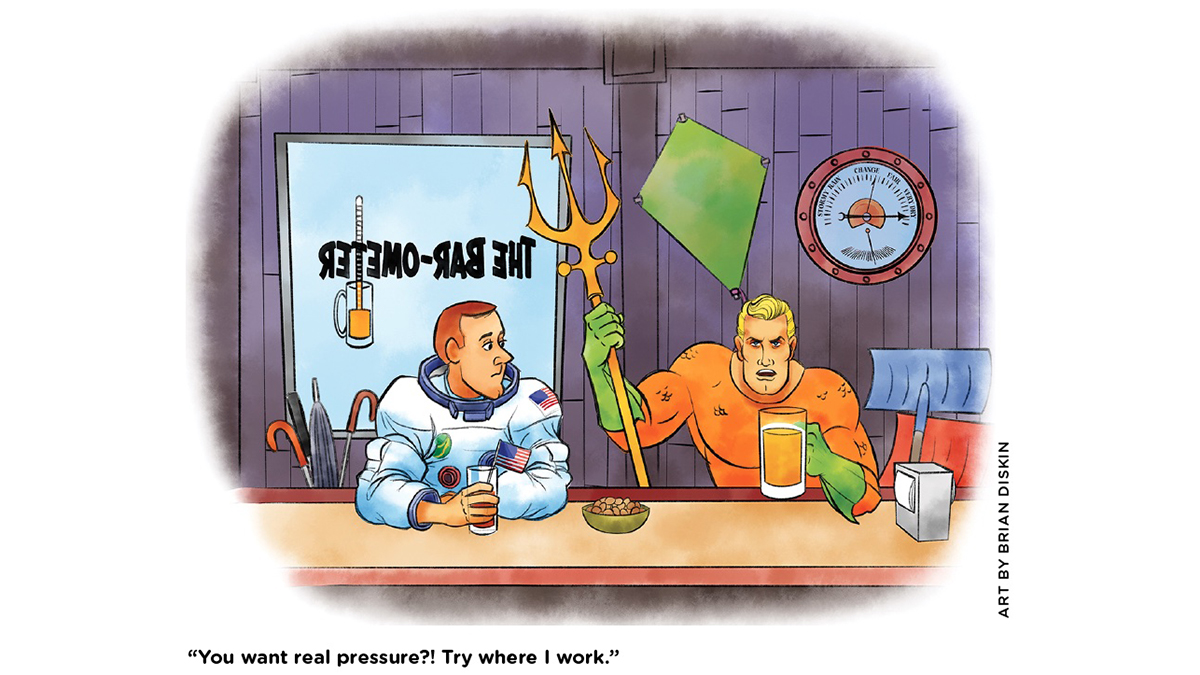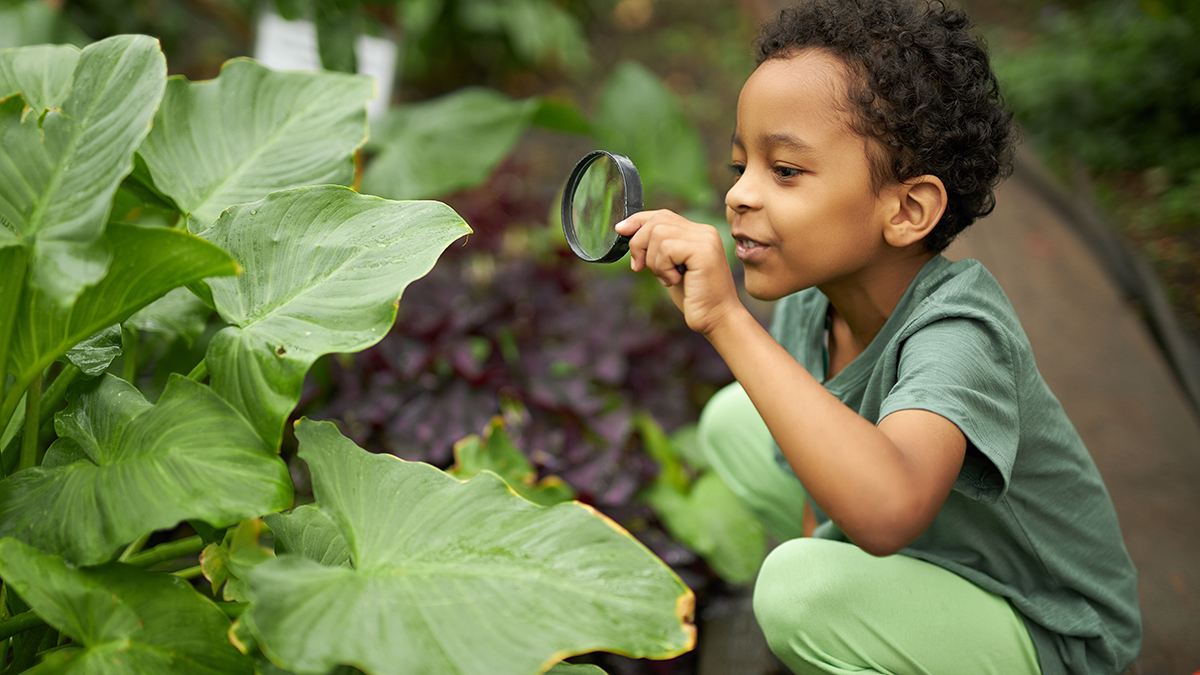teaching teachers
Migrating Beyond the Classroom
Enriching STEM education with family-based, self-directed learning
Science and Children—September/October 2022 (Volume 60, Issue 1)
By Michelle Monette, Jeffrey Brewster, Nicole Lalier, Joy Pires, and Theodora Pinou
cross-curricular connections
Walk of Wild Things
A cross-grade collaboration teaches first- and third-grade students research skills
Science and Children—September/October 2022 (Volume 60, Issue 1)
By Melinda Hammerschmidt, Rebecca Crowder Dischner, and Dea Borneman
science 101
Q: Do you have a weather-related activity that my students would enjoy?
feature
Invading Wild
Using native plants to increase scientific and environmental literacy of elementary students
feature
Project-based Learning in Argentina
Deep, collaborative learning opportunities can be designed to be culturally relevant and accessible anywhere when built on ingenuity, resourcefulness, and joy.
Science and Children—September/October 2022 (Volume 60, Issue 1)
By Valeria Vincent, Frieda Powell, Emily Adah Miller, and Susan Codere Kelly

feature
Mystery Critters
Naturalistic studies provide opportunities for students to develop observational skills
Science and Children—September/October 2022 (Volume 60, Issue 1)
By Allison Esparza, Sara Raven, and Kaelyn Parks

feature
Visualizing Habitats
Using visual data to help kindergarteners model relationships between living things and the places they live
feature
Have You Ever Been in a Volcano?
Joyful science discoveries in a preschool classroom
Safety Blog
Safety Lessons Learned From the COVID-19 Pandemic
By Ken Roy
Posted on 2022-09-02

the poetry of science
Joyful Science
Science and Children—September/October 2022 (Volume 60, Issue 1)
By Sylvia Vardell and Janet Wong






